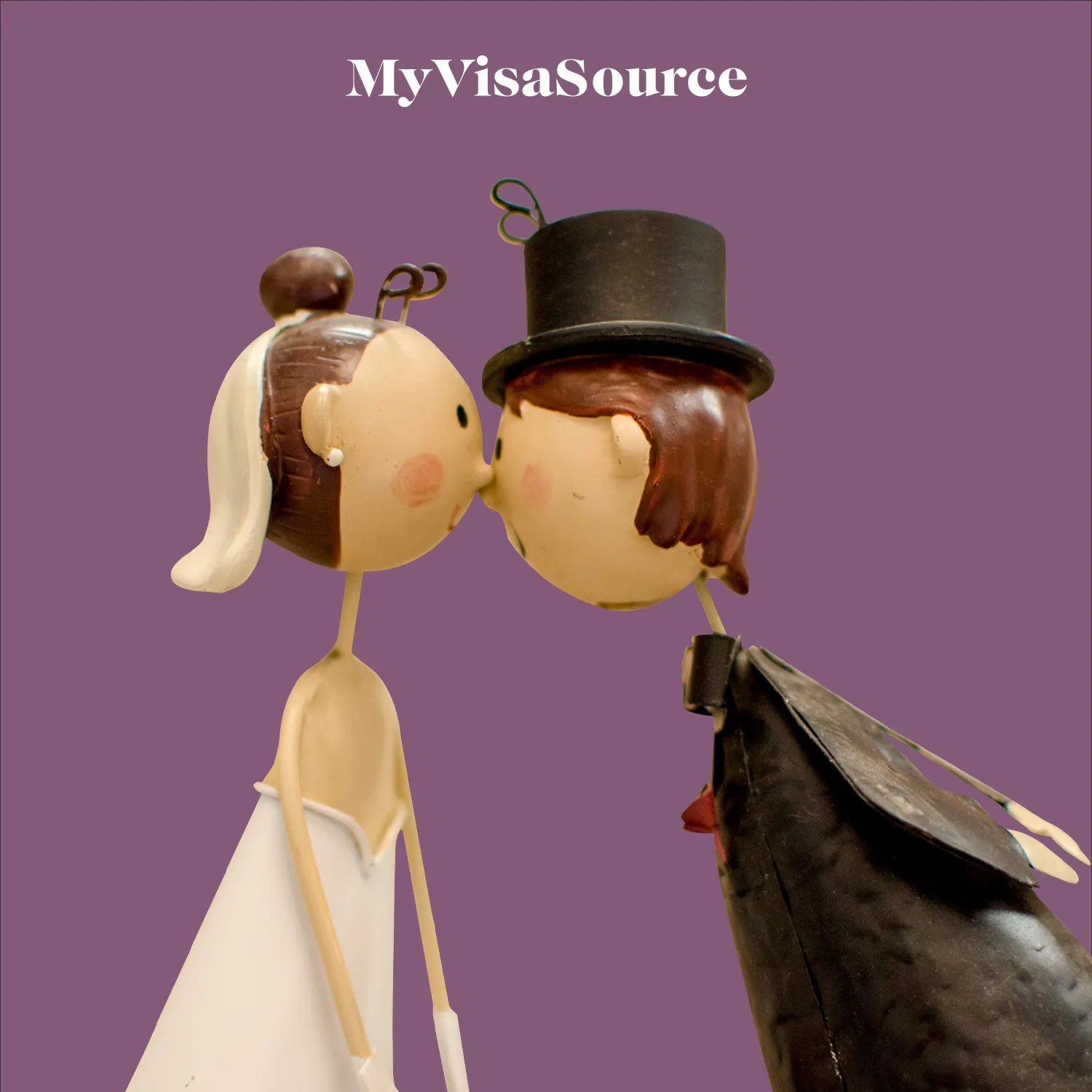The perception that people have when they think of a spouse versus a common-law partner varies much more than in the eye of the law.
For the most part, Canadian immigration policy for spousal sponsorship doesn’t favour one type of conjugal relationship definition over another providing both types of unions with the same level of respect.
This also means that those in common-law relationships can expect to go through the same rigorous screening process as those who are married, but with a greater burden of proof to verify their relationship when it comes to sponsorship.
Definitions of Common-Law Versus Spouse
There are few distinctions between the definition of a spouse and the definition of a common-law partner. A common-law partner is simply someone you have lived with for a prerequisite amount of time in a conjugal fashion. You both are in a marriage-like relationship, but aren't legally married.
A spouse is a partner who has gone through the process of obtaining a marriage license and are legally married. Like common-law partners, spouses typically live together and share relationship responsibilities.
Differences Between Spouses and Common-Law Partners In Canada
For the most part, immigration law applies to both types of relationships in a similar manner. The main difference between the two is the level of proof involved in verifying the relationship.
For married spouses, presenting proof of their relationship consists mostly of presenting a marriage certificate and photographs of the wedding ceremony.
Since common-law partnerships present more of a fraud risk for immigration applications, regulations require a wider variety of proof that involves different types of documentation showing cohabitation along with a relationship.
The website for Immigration, Refugees and Citizenship Canada (IRCC) lists the following as categories of proof that will be accepted for the sponsorship process:
- A joint bank account statement from an account shared by the both of you.
- Information about any savings accounts you share together.
- Lines of credit or credit card statements that show activity by both of you.
- If renting, a lease that has been jointly signed.
- If you have jointly purchased a home, present a purchase agreement or signed mortgage paperwork.
- Statutory declarations from individuals with knowledge that the relationship is genuine and continuing.
In addition to this type of official paperwork, it will help your case if you include supplementary information such as photos of trips or dates, text messaging logs, email exchanges, phone call logs, instant messages, gifts, receipts and anything else that proves the relationship. It should be noted that a couple can still apply if they are forced to live apart due to exceptional circumstances, such as armed conflicts.
If you have previously been in another common-law relationship, then you’ll need to prove that you’re no longer involved with that person by providing a declaration of severance of common-law relationship.



















